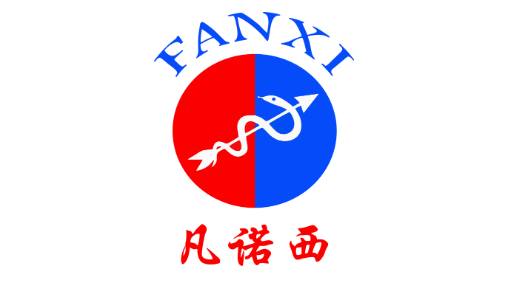WHO pre-qualification is an internationally accepted qualification standard for medicines (including vaccines). It provides technical support for international public health organizations such as the United Nations to purchase medicines of guaranteed quality. For pharmaceutical companies, obtaining pre-qualification is equivalent to obtaining market access passes from multiple public purchasers at one time. It is also the gold standard for patients in many countries and regions to obtain high-quality medicines.
The WHO website publishes a series of lists of pre-qualified essential medicines and invites pharmaceutical manufacturers from all over the world to submit applications for pre-qualification. Previously, WHO pre-qualification only covered treatment areas such as diarrhea, HIV/AIDS, malaria, hepatitis, tuberculosis, influenza, reproductive diseases, neglected tropical diseases and vaccines necessary for immunization. So far, 25 product specifications from 10 Chinese enterprises and four vaccines from four enterprises have obtained WHO pre-qualification.

In recent years, a large number of biotherapeutic drugs have successfully treated many life-threatening chronic diseases, such as cancer. In May 2014, the WHO Assembly adopted the resolution "to ensure the availability, quality, safety and efficacy of biotherapeutic drugs including biosimilars". This time the pre-qualification opens to two biological drugs, both cancer drugs, is of great significance.
Biotherapeutics, including related biosimilars, are highly complex biological drugs, which pose a huge challenge for regulatory and evaluation systems in many countries in reviewing and approving such drugs in accordance with internationally accepted guidance. To promote access to biologic drugs with guaranteed quality, safety and efficacy, WHO decided to explore the feasibility of pre-qualification of such drugs to support countries in improving accessibility and affordability of biologic drugs.
Earlier, anti-cancer drugs such as Imatinib had been included in the List of Essential Drugs by WHO. The move this time to open anti-cancer biological drugs pre-qualification, also means that cancer drugs are entering the basic field of public health. The WHO pre-qualification team has published qualification methods for two biological drugs and biosimilars, and invited global pharmaceutical manufacturers to submit Expression of Interest (EOI) and submit pre-qualification application to the biotherapeutics pre-qualification team (Application link is at the end of the article).
This is limited to two biological drugs and the biosimilars:
Rituximab: Rituximab developed by Roche Group is used to treat non-hodgkin lymphoma. Rituximab is a chimeric anti-CD20 monoclonal antibody with mouse variable and human constant regions. At home, the Abbreviated New Drug Application (ANDA) (CXSS1700026) of Rituximab injection biosimilar HLX-01 developed by Henlius for non-hodgkin lymphoma has been accepted for drug registration review by the China Nation Drug Administration (CNDA). Innovent Biologics, Hisun Pharmaceuticals and Sinocelltech are engaged in phase III clinical trial.
Trastuzumab: Trastuzumab developed by Roche Group is used for the treatment of metastatic breast cancer and gastric cancer. Trastuzumab, a recombinant DNA-derived humanized monoclonal antibody, targets extracellular potential of HER2, which is the first macromolecular targeted drug in the field of cancer treatment. At present, the R&D of Trastuzumab biosimilars in China are all in the clinical stage. Trastuzumab biosimilars of Genor BioPharma, Henlius and Innovent Biologics have entered phase III clinical trial, and Chia Tai Tianqing, Qilu Pharmaceutical and Hualan Bio are implementing early clinical trials.
Two application channels for pre-qualification:
Biosimilars approved by Non-strict drug regulatory agencies (NON-SRAs) and marketed in a country must undergo the complete assessment. Similarity evaluation includes head to head comparative trial and complete clinical and non-clinical data of reference drug comparative trial approved by strict drug regulatory agencies (SRAs).
Biologic drugs and their biosimilars approved by SRAs can complete pre-qualification through bridging assessment.
At present, the interim definition of SRAs WHO follows is specified in the 2015 document:
ICH members: European Medicines Agency (EMA), America's Food and Drug Administration (FDA), Pharmaceuticals and Medical Devices Agency (PMDA), or
ICH observers: European Free Trade Association (EFTA) that is represented by Swissmedic and Health Canada (before October 23, 2015), or
Drug regulatory agencies that recognize each other through legal procedures with ICH members such as Australia, Iceland, Liechtenstein and Norway (before October 23, 2015)
Notably, the WHO is currently revising the definition of SRAs. China's National Drug Administration (CNDA) has joined ICH as its regulatory member in 2017. This move is expected to speed up China's drug regulation to catch the international standard in the future, and the threshold for China's drugs to enter the international market will be gradually lowered as China's drug regulatory status is improved.



Park WeiChart